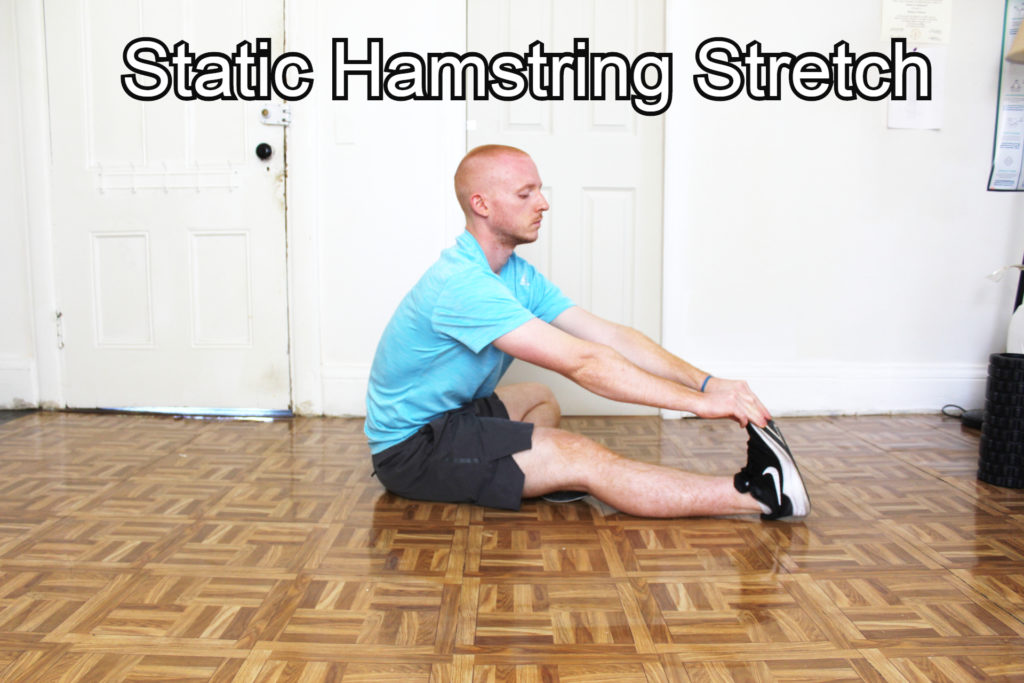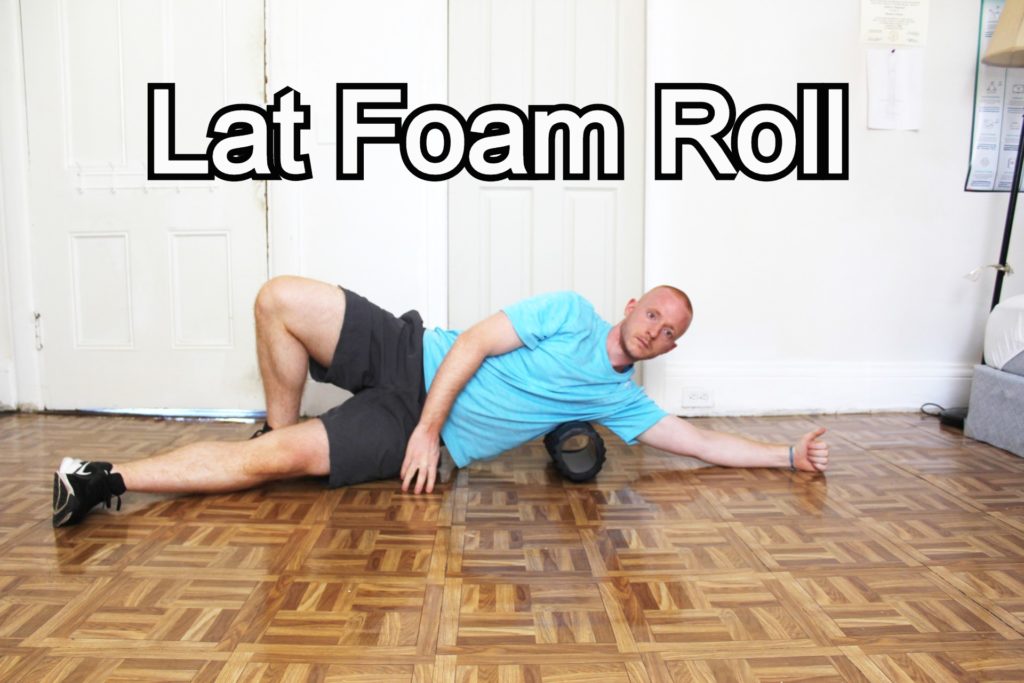How To Improve Flexibilty Fast
What is flexibility?
Flexibility is the range of motion of a joint and how far a muscle can bend to reach that range of motion. Joint mobility is what determines range of motion. First a person needs to discover what flexibility methods are best suited for their unique fitness goals. Then they need to incorporate it in their fitness program consistently to improve their flexibility fast.
What are the benefits of flexibility?
- Reduces risk of pain and injury
- Improves posture and balance
- Increases strength
- Reach goals faster and safer
- Improve performance
- Weight loss
- Muscle toning
What are three techniques to improve flexibility fast?
- Dynamic stretching
- Static stretching
- Foam Rolling
What is dynamic stretching?
Dynamic stretches are exercise movements that prepare your muscles for your workout. They usually mimic a less strenuous version of the exercises you are about to perform. The video below shows a dynamic exercise for the legs (leg kicks) and another one for the shoulders (arm circles).
What are the benefits of dynamic stretching?
- Increases blood flow
- Increases muscle temperature
- Loosens up joints and tendons
- Increases range of motion
- Reduce soreness
- Improves balance
Why is increasing blood flow and muscle temperature important?
Your muscle temperature is cold before starting a workout. Therefore it is important to warm the muscles up before training to reduce the chance of injury. This is similar to the way you heat up your car in the winter time before driving. Dynamic Stretching loosens up joints, tendons and prepares the body for your workout.
How does dynamic stretching work?
Your body parts have various anatomical movement patters. Each movement pattern is the natural way your body moves. We use these patterns in our day to day lives on a daily basis (walking, running, driving). Dynamic exercises warm up joints by moving them in their unique movement patterns. For example if we were to warm up for a movement such as jump squats then an appropriate dynamic warm up movement would be body weight squats.
How does soreness work?
Depending on your level of experience soreness intensity is a normal and healthy component of muscle fiber recovery. One to two days after a workout your muscles will feel tight and tender which is part of the recovery process and leads to increased strength, toning, flexibility, and more. Although being sore is uncomfortable the body adapts over time therefore you won’t get as sore moving forward in your fitness program when staying consistent. Dynamic stretching before a workout can reduce that discomfort.
When should I perform dynamic stretches?
Before your workout for 5-10 minutes.
What is static stretching?
Static stretching is lengthening a muscle until it reaches its full range of motion. There is no movement after lengthening to it’s full range of motion. Below is an image of a static hamstring stretch.

What are the benefits of static stretching?
- Increases blood flow and nutrient delivery
- Loosens up joint and tendons
- Increases range of motion
- Reduce soreness
- Improves balance
How does static stretching work?
Static stretching is most likely what you remember from gym class in high school. Unlike dynamic stretching, static stretching should be done at the end of your workout. This is because static stretching does not warm up the muscle like dynamic stretching does and can sometimes hinder your performance if done before a workout.
When you complete a workout your muscles will begin the recovery process to rebuild themselves and become stronger. Your muscles will be especially tight and shorter as a result of your workout. Static stretching will lengthen the muscle again and improve blood flow which helps to speed up the recovery process.
When should I static stretch?
Static stretching should be done at the end of the workout. The average time range to hold a static stretch is 20-30 seconds. After exercising a specific muscle group it is especially important to static stretch. Stretching on non workouts days is also appropriate and can even be done on a daily basis.
What types of workouts include static stretches?
Some great full body workout categories that involve static stretching include yoga, pilates, and barre. These types of workouts can improve your static stretching and other areas of your fitness like strength, balance, and weight reduction.
What is foam rolling?
Foam rolling is a self myofascial release method. Myofascial tissue is simply muscle tissue that gives your body support and protection. Foam rolling is essentially giving yourself a massage.
What are the benefits of foam rolling?
- Loosens up tight muscles and knots
- Increases muscle temperature
- Increases range of motion
- Improve posture
- Help prevent soreness
What are muscle knots?
Muscle knots are muscles in areas of the body that are tight and contracted. These knots can develop for a variety of reasons that can include inflammation, muscle over activity or under activity, poor posture, disease, and many other potential reasons.
They can be painful and lead to pain in other areas of the body unrelated to the original muscle causing the discomfort. Loosening up these knots to a healthy muscle fiber alignment is the goal when rolling out areas you notice are tender.
How to Foam Roll?
Apply body weight pressure over the tender muscle group and roll up and down that area. Find points of tension on those muscle groups. The photo below demonstrates an upper back and shoulder roll hold for the lats (the back).

How long should I foam roll for?
20-30 seconds for each point of tension.
When should I foam roll?
Before your workout is the most optimal time. However it is still beneficial to roll after a workout and would not negatively affect performance.
How fast until your flexibility improves?
When done consistently flexibility can start to improve in just days, weeks, or a few months. This varies depending on the individual and their unique fitness goals. To learn more about flexibility and which techniques are best for you click here for a free fitness assessment with a real life personal trainer.
Conclusion
Flexibility is an essential part of a long term fitness program. Knowing the big picture of flexibility will help you stay consistent in your fitness journey and reduce pain or injury. A well balanced program should consist of all three flexibility methods for long term success and will help you improve your flexibility fast.